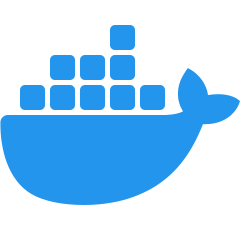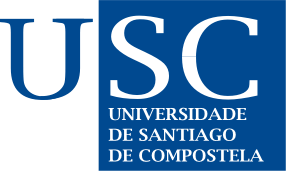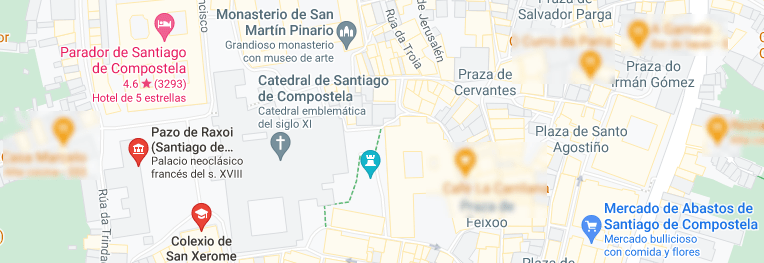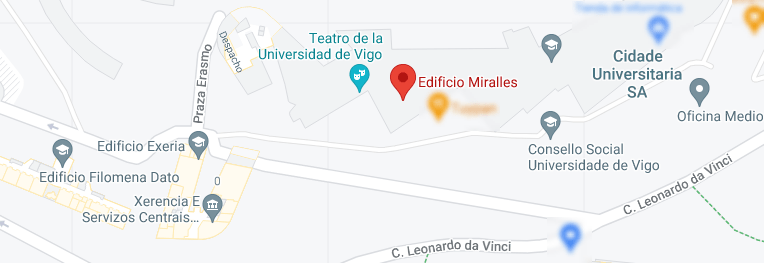
Horas:
Financiación:
Destinatarios:
Prazas
Datas, Horarios e Sesións
Data Inicio
Data Peche
Tipos Formación
Datas e horarios
Número Webinars
Enlace ao curso
Necesidades, prerrequisitos e inf. xeral
Necesidades a cubrir
Prerrequisitos
Carácter
Medios necesarios
Datos persoal Formador e Titor
Persoal formador
Empresa contratada
Titor
Descrición
Docker is an open source project that automates the deployment of applications inside software containers, providing an additional layer of abstraction and automation of application virtualisation across multiple operating systems.
Container technology, especially Docker, is critical to the ICT personnel in a company or institution because of its ability to ensure that applications work consistently in any environment, eliminating compatibility issues. This facilitates collaboration between development and operations, making the software lifecycle more agile and efficient. In addition, containers improve the scalability, flexibility and security of technology infrastructures, optimising the use of resources and enabling rapid response to changing needs. Learning the fundamentals and operation of Docker is crucial to modernise application management and deployment and be at the forefront of industry best practices.
Competencias a desenvolver
- Understand the basics of deploying applications and services in containers.
- Install and configure Docker in development and production environments.
- Manage Docker containers and images.
- Deploy services using Docker.
- Monitor and manage Dockerised services.
Metodoloxía
Training will be given in virtual classroom mode, on the Zoom platform, with qualified personnel, specialised in the subject and with extensive experience in the development of IT solutions.
The live sessions will combine theoretical explanations with practical demonstrations in real time.
The schedule for these sessions is as follows:
1st session: Tuesday, 17 September
2nd session: Thursday, 19 September
3rd session: Tuesday, 24 September
4th session: Thursday, 26 September
Activities will also be proposed to the students in order to monitor the students' achievement of the course objectives. The proposed activities may include questionnaires, exercises, participation in question forums, among others.
Students have the support of the course teacher to resolve any doubts they may have.
Temario
1. Introduction to Docker (3 hours)
- What is Docker: history and evolution.
- Advantages and disadvantages of using containers.
- Docker architecture: containers, images and volumes.
- Docker Hub.
2. Installation and configuration (2 hours)
- Installation of Docker.
- Configuration and start-up.
- Verification and diagnostics.
3. Basic Docker Administration (5 hours)
- Basic Docker commands.
- Creation and management of containers from images.
- Container lifecycle management.
- Creation and management of volumes.
- Data persistence in containers.
4. Service Deployment (5 hours)
- Docker Compose
- Defining services in a docker-compose.yml file.
- Creation and management of multi-container applications.
- Management of dependencies between services.
5. Monitoring and Management of Dockerised Services (5 hours)
- Basic monitoring with Docker. Inspection and statistics from the command line.
- Integration with monitoring tools.
- Management of activity logs.
- Troubleshooting practices: diagnosis and resolution strategies.







